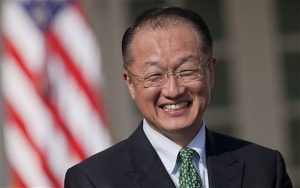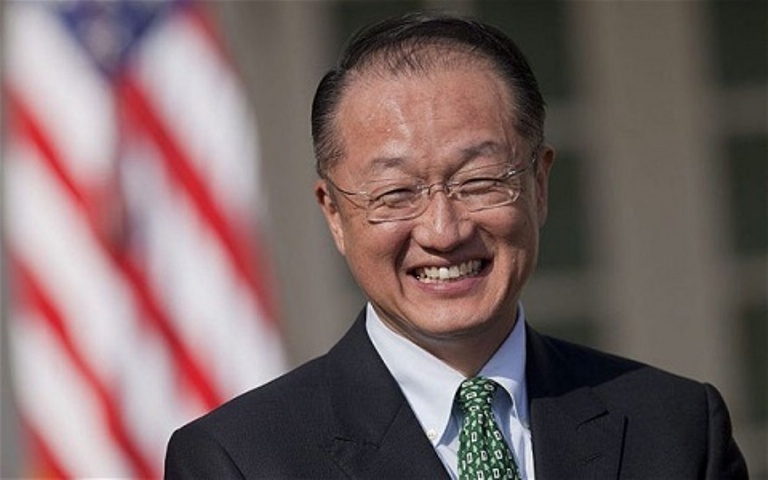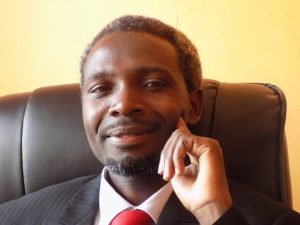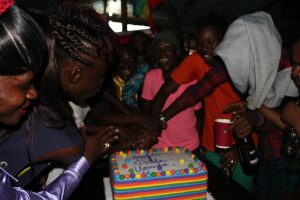
The President of the World Bank has opened up about a decision to cut off lending to projects in Malawi and other developing countries which have anti gay policies. This development was revealed by Jim Yong Kim during the Economicist’s Pride and Prejudice conference in London.
Explaining why the bank cut off lending after Uganda passed an Anti-Homosexuality Act, he said, “In 2014 the Ugandans had passed a law, and it was quite a bit more draconian than a lot of the laws that exist: it said homosexuality would be punished with life imprisonment, but it became a requirement that anyone who suspects others of homosexuality had to report that also. Right at that moment we were about to approve a $90 million loan to support health clinics in Uganda.
“I worked as a doctor, and this is an important issue for me… but we looked carefully and we found out that it was possible that active discrimination could happen in these clinics, and because of the requirement to report homosexual behaviour, gay men and women could go to these clinics… and we could actually endanger people from the LGBTI community, so we had to stop that loan.”
He added, “A lot of people came out and told me I was crazy. The critiques made a lot of sense to a lot of people… a lot of my own staff were [against it]. At the time there were 81 countries with these laws, so what does this mean for our ability to loan to any country in the world that has these kinds of laws? We are not allowed to make political judgements, and that’s not what we’re doing.”
“The Ugandans were very angry about this… but [I told the board] I felt it was very important to take this stand. One of the questions was, what would be the implication of taking that kin but probably the most encouraging thing was a minister of finance from a developing country came and insisted on seeing me one-on-one, and I didn’t know what it was… he came in and said the Prime Minister wanted me to know there was draconian legislation on homosexual activity going through the Parliament, but he wanted to assure me he would veto it, and it would never become law. I had to take my own stand on this, and use the rules and regulations of the institution to push the agenda as far as I could,” Kim further explained.
It should be remembered that Malawi earlier this year came under scrutiny after the case against Ken Msonda, the Publicist for People’s Party was withdrawn. Msonda had been charged with inciting people to kill gender and sexual minorities.
The Director of Public Prosecutions Mary Kachale revealed that she did not have the authority to make public the grounds on which Msonda’s case was withdrawn, attracting a backlash from civil societies and international bodies.
The UN has also since then asked the government of Malawi to uphold its responsibility to protect all its citizens regardless of their orientation or/and identity.




